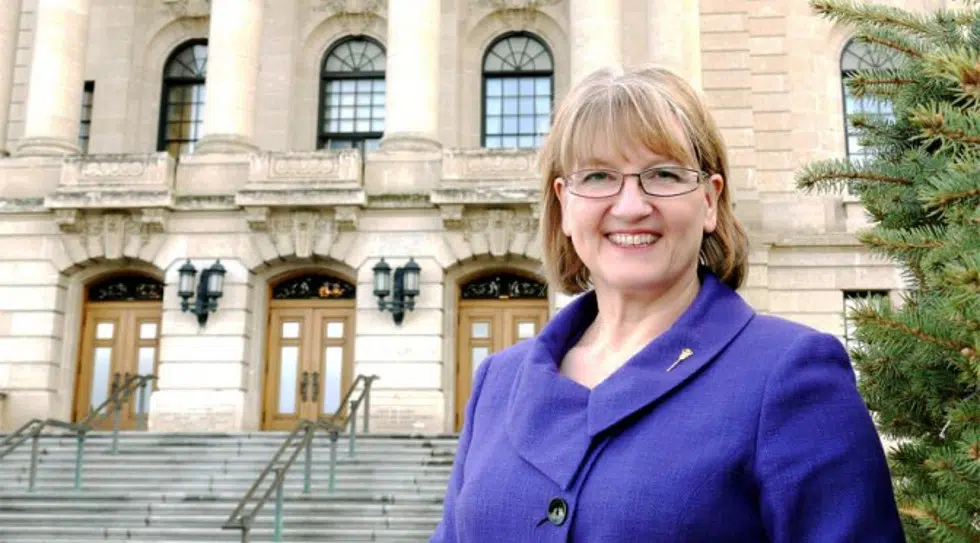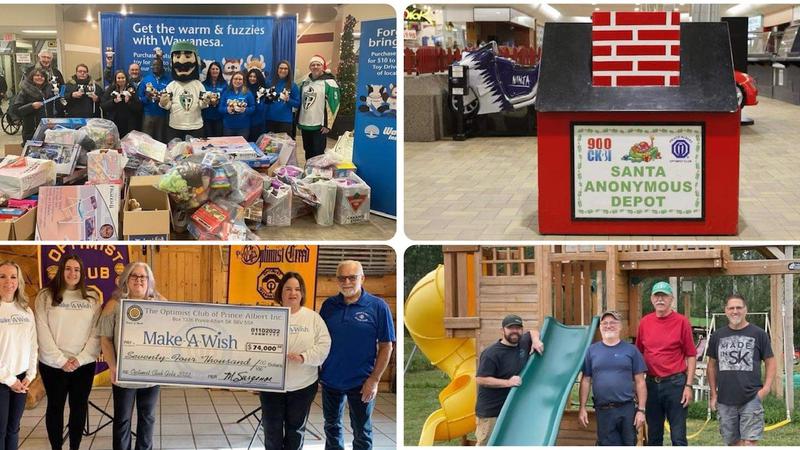
ELECTIONS 2016: Meet candidate Victoria Jurgens
Victoria Jurgens is the SaskParty candidate running in Prince Albert Northcote riding and current MLA. Her campaign office is located at 233 2nd Ave. W. in Prince Albert.
Dana Reynolds: If elected, how would you specifically help the following groups? Children under 18, young families and seniors?
Victoria Jurgens: Well I would continue to do what we’ve been working on. We’ve implemented a higher level at which you start paying taxes so your first $19,000 are tax free for personal income tax in our province; something that the NDP never did. For the seniors, we have a seniors’ income plan which we increased from the $90 that was static under the 16 years of NDP, we’ve raised it to $270 per month and those are some of the things that I will continue to focus on, if the people choose me.
DR: January 2016, Stats Can records that Canada’s unemployment rate is 5.6 per cent. However, Prince Albert and North was listed as 7.6 per cent, actually up from 4.7. Why do you think unemployment now is higher than the Provincial average? And what can you do to help lower that percentage?


